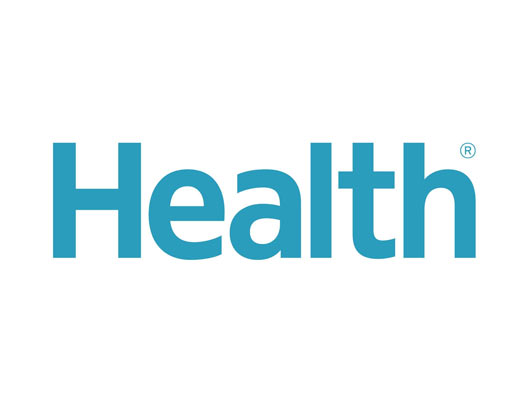Adequate vitamin intake is important for overall health and normal body function. There is a vast amount of information available regarding what vitamins and quantities a person should consume to ensure proper body function. In an effort to ensure that our patients and the general public has access to scientifically-backed, accurate information, we have provided the recommended daily intake ranges for most common vitamin and mineral supplements in the table below. These values are established by the U.S. government, based upon scientific data and disseminated by both the NIH and USDA.
The RDI is the recommended minimum daily intake amount and the UL is the maximum limit for daily intake in healthy adults. Please note that “ug” (micrograms) is sometimes noted as “mcg.”
| Vitamin | RDI amounts (per day) | Maximum (per day) |
|---|---|---|
| Calcium | 1000mg | 2500mg |
| Copper | 900ug | 10,000ug |
| Iodine | 150ug | 1100ug |
| Magnesium | 320mg | 350mg |
| Phosphorus | 700mg | 4g |
| Selenium | 55ug | 400ug |
| Zinc | 8mg | 40mg |
| Sodium | 1.5g | 2.3g |
| Chloride | 2.3g | 3.6g |
| Potassium | 4.7g | none |
| Iron | 18mg | 45mg |
| Vitamin A | 700ug= 2500IU | 3000ug= 10,000IU |
| Vitamin C | 75mg | 2000mg |
| Vitamin D | 15ug = 600IU | 100ug= 4000IU |
| Vitamin E | 15mg = 22.4IU | 1000mg = 1493IU |
| Thiamin (B1) | 1.1mg | nd |
| Riboflavin (B2) | 1.1mg | nd |
| Niacin (B3) | 14mg | 35mg |
| Vitamin B6 | 1.3mg | 100mg |
| Folate | 400ug | 1000ug |
| Vitamin B12 | 2.4ug | nd |
| Vitamin K | 90ug | nd |
| Choline | 425mg | 3.5g |
| Biotin | 30ug | nd |
| Water | 3.7L | |
| Carbohydrates | 130g | |
| Fiber | 25g | |
| Linoleic acid (n-6 polyunsaturated fatty acids) | 17g | |
| Linoleic acid (n-3 polyunsaturated fatty acids) | 1.1g | |
| Protein | 46g | |
| Histidine | 18mg/ g protein | |
| Isoleucine | 25mg/ g protein | |
| Leucine | 55mg/ g protein | |
| Lysine | 51mg/ g protein | |
| Methionine | 25mg/ g protein | |
| Cysteine | 25mg/ g protein | |
| Phenylalanine | 47mg/ g protein | |
| Tyrosine | 47mg/ g protein | |
| Threonine | 27mg/ g protein | |
| Tryptophan | 7mg/ g protein | |
| Valine | 32mg/ g protein |
(nd = not determined)




















